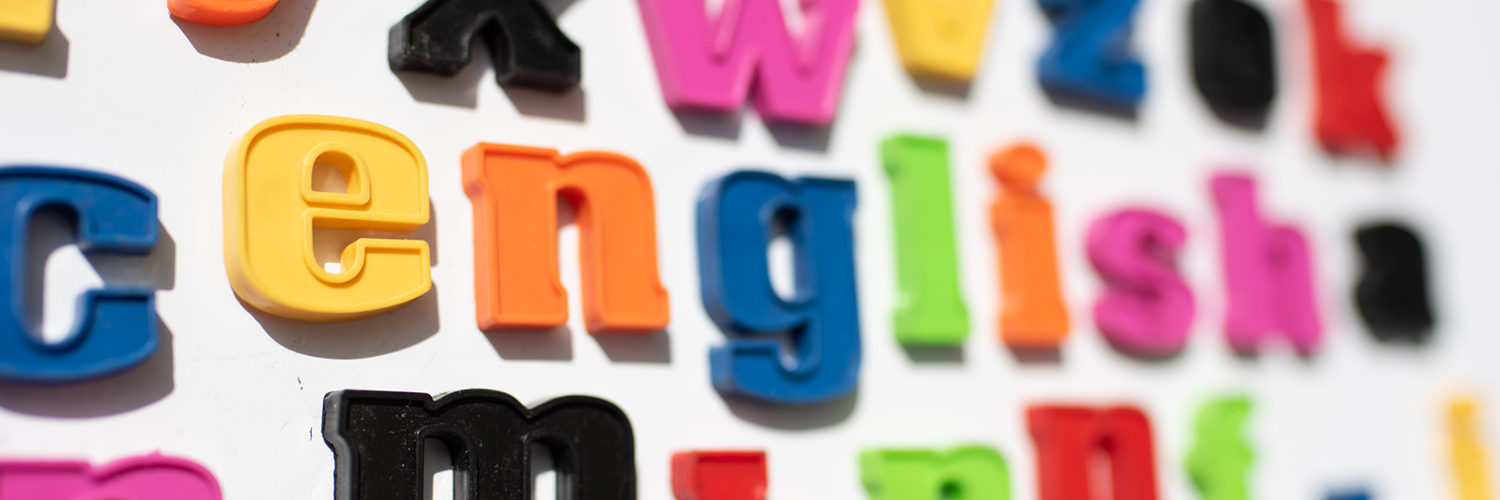The verb to be – Present Simple
 The verb “to be” is the most important verb in the English language. The problem is that although it is the most important verb it behaves totally distinct from other verbs. It is completely irregular in both the present and the past and can even be an auxiliary. Even the order in which we use it in questions is different from other verbs. The verb “to be” is completely unique. It stands alone like in a bubble and you can’t use it with other verbs.
The verb “to be” is the most important verb in the English language. The problem is that although it is the most important verb it behaves totally distinct from other verbs. It is completely irregular in both the present and the past and can even be an auxiliary. Even the order in which we use it in questions is different from other verbs. The verb “to be” is completely unique. It stands alone like in a bubble and you can’t use it with other verbs.
Think of it like being one side of the Berlin Wall, you can’t use it with other verbs and it has to stand alone.
Why is it so important? This is because we use it for so many things:
• Facts = “Santiago is the capital of Chile.”
• Truths = “The world is round.”
• Information about you = “I am 21 years old.”
• Feelings = “I am happy.”
• The weather = “It is cold today.”
• Time = “Class is at 12 o’clock.”
• Days and dates = “Today is Wednesday, August 26.”
Ser y Estar
El verbo “to be” es el verbo más importante en el idioma inglés. El problema es que, aunque es el verbo más importante, se comporta de forma totalmente distinta a otros verbos. Es completamente irregular tanto en el presente como en el pasado e incluso puede ser un auxiliar. Incluso el orden en que lo usamos en las preguntas es diferente de otros verbos. El verbo “to be” es completamente único. Se mantiene solo como en una burbuja y no se puede usar con otros verbos. Piensa en ello como si fuera un lado del Muro de Berlín, no puedes usarlo con otros verbos y tiene que estar solo.
¿Por qué es tan importante? Porque lo usamos para muchas cosas:
• Hechos = “Santiago es la capital de Chile”.
• Verdades = “El mundo es redondo”.
• Información sobre ti = “Tengo 21 años”.
• Sentimientos = “Soy feliz”.
• El tiempo = “Hoy hace frío”.
• Hora = “La clase es a las 12 en punto”.
• Días y fechas = “Hoy es miércoles, 26 de agosto”.
